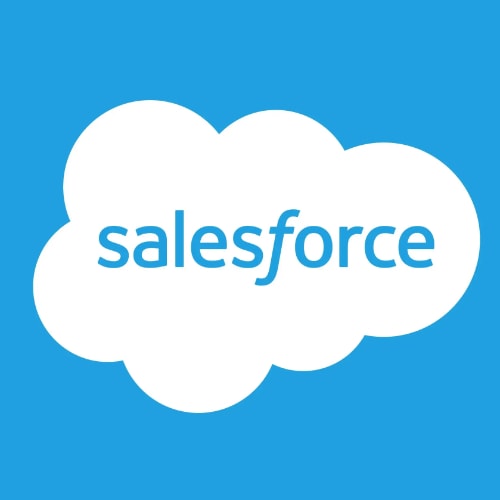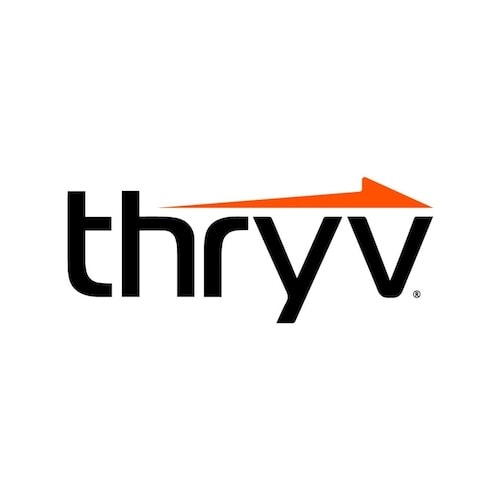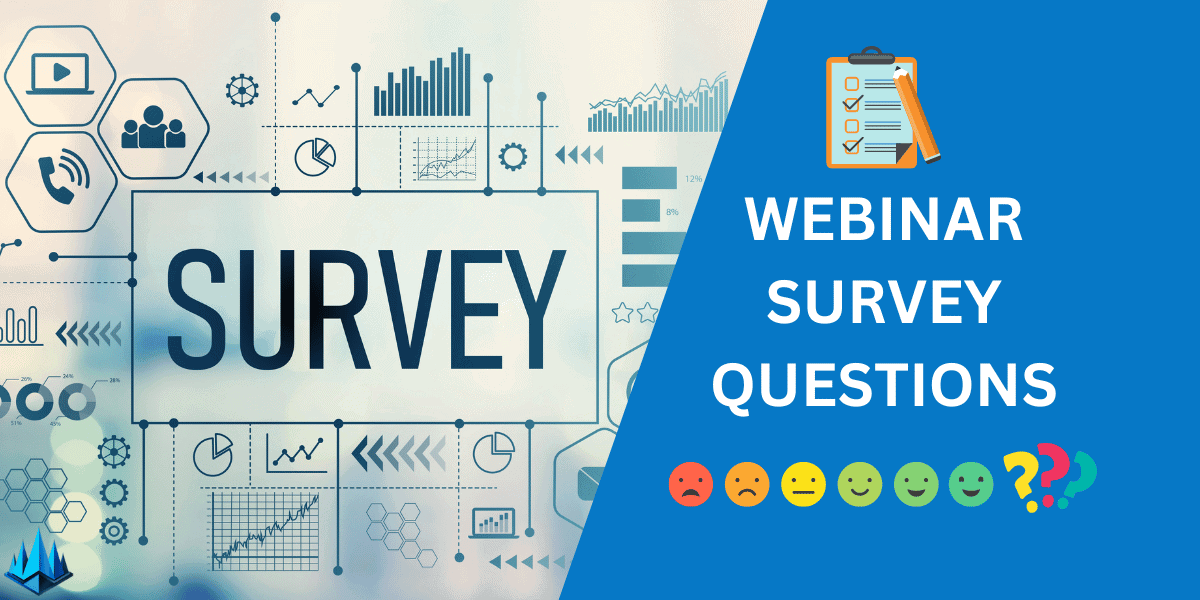As an ecommerce business owner, you know that customer relationship management (CRM) is essential for building and maintaining long-lasting relationships with your customers. An ecommerce CRM system can help you streamline your operations, improve customer experiences, and increase sales. But with so many options available, it can be challenging to choose the right one for your business.
In this article, we will explore the best ecommerce CRM platforms available in 2024. We will discuss the key features of ecommerce CRM, why ecommerce businesses need CRM, and how to choose the right platform for your business. By the end of this article, you will have a better understanding of ecommerce CRM and be able to make an informed decision about which platform is right for you.
Key Takeaways
- Ecommerce CRM is essential for building and maintaining long-lasting relationships with your customers.
- The right ecommerce CRM platform can help you streamline your operations, improve customer experiences, and increase sales.
- By understanding the key features of ecommerce CRM and how to choose the right platform for your business, you can make an informed decision and take your ecommerce business to the next level.
Understanding The Best Ecommerce CRM
As an ecommerce business, we know how important it is to maintain strong relationships with our customers. That’s where ecommerce CRM comes in. CRM, or customer relationship management, is a strategy that focuses on building and maintaining long-term relationships with customers. Ecommerce CRM takes this a step further by tailoring the strategy to the unique needs of ecommerce businesses.
At its core, ecommerce CRM is all about using data to better understand our customers. By collecting and analyzing data on customer behavior, we can gain insights into their preferences, needs, and pain points. This allows us to personalize our marketing and customer service efforts, leading to higher customer satisfaction and retention.
One of the key benefits of ecommerce CRM is that it allows us to track customer interactions across multiple channels. This includes everything from website visits and social media engagement to email communications and phone calls. By having a complete view of the customer journey, we can provide a more seamless and personalized experience.
Another important aspect of ecommerce CRM is automation. By automating certain tasks, such as email marketing or lead nurturing, we can save time and resources while still delivering a high level of customer service. This also allows us to scale our operations more efficiently as we grow.
Overall, ecommerce CRM is a powerful tool for building and maintaining strong relationships with our customers. By leveraging data and automation, we can provide a more personalized and seamless experience that keeps customers coming back.
Why Ecommerce Businesses Need CRM
As an ecommerce business, we understand how important it is to maintain strong customer relationships. However, with so many different systems and processes in place, it can be challenging to keep track of all customer interactions. This is where a CRM comes in.
A CRM, or customer relationship management system, allows us to maintain a centralized record of all customer interactions. This means that no matter where a customer interacts with our business – whether it’s through advertising, website analytics, or email marketing – we can keep track of their activity in one place.
By having all this information in one place, we can better understand our customers’ needs and preferences. This allows us to personalize our marketing efforts and provide a more tailored experience for each customer. This, in turn, can lead to increased customer loyalty and higher ROI.
For small ecommerce businesses, a CRM can be especially valuable. With limited resources, it can be challenging to keep track of all customer interactions manually. By automating some of these processes through a CRM, we can save time and focus on other areas of our business.
Overall, a CRM is an essential tool for any ecommerce business looking to maintain strong customer relationships and increase ROI.
Integration Capabilities
Ecommerce CRM software should have integration capabilities with other tools and platforms, such as Gmail, Slack, or ecommerce platforms like WooCommerce or Shopify. This allows for seamless data transfer and improved efficiency.
Overall, ecommerce CRM software should be easy to use, provide robust customer segmentation capabilities, and have strong inventory and order management features. It should also offer customization options and have a user-friendly interface.
Top Ecommerce CRM Platforms- Ranked
When it comes to managing an online store and selling products, having the right ecommerce CRM platform can make all the difference. We’ve researched and compiled a list of some of the top ecommerce CRM platforms available in 2024.

HubSpot
HubSpot CRM is a popular choice for small businesses and SMBs due to its ease of use and access to a wide range of capabilities. With a free plan and affordable growth and enterprise plans, HubSpot CRM offers lead scoring, revenue tracking, and automated workflows to help streamline sales processes.

Salesforce
Salesforce CRM is a powerful tool for growing sales teams, offering a 360-degree view of the customer and a range of integrations with other tools. While Salesforce may be more expensive than some other options, its rich customer profiles and advanced features make it a worthwhile investment for larger businesses.

Zoho
Zoho CRM is a popular choice for ecommerce brands of all sizes, offering a range of plans including a free plan, a growth plan, and an enterprise plan. Zoho CRM Plus offers even more advanced features, including marketing automation and social media posting.
Pipedrive
Pipedrive is a user-friendly CRM platform that offers a range of features to help manage sales processes, including lead and deal management, email integration, and automated workflows. While Pipedrive may not offer as many advanced features as some other options, its affordable pricing and ease of use make it a great choice for small businesses.

ActiveCampaign
ActiveCampaign is a comprehensive CRM platform that offers a range of features, including lead scoring, revenue tracking, and automated workflows. With affordable pricing and a free plan, ActiveCampaign is a great choice for businesses of all sizes.

Ontraport
Ontraport is a powerful CRM platform that offers advanced features like marketing automation and lead scoring. While Ontraport may be more expensive than some other options, its comprehensive feature set and personalized support make it a great choice for larger businesses.

Copper
Copper CRM is a user-friendly platform that offers a range of features to help manage sales processes, including lead and deal management and email integration. With affordable pricing and a free plan, Copper is a great choice for small businesses.

Insightly
Insightly is a popular CRM platform that offers a range of features, including lead and deal management, email integration, and automated workflows. With affordable pricing and a free plan, Insightly is a great choice for businesses of all sizes.

Monday Sales CRM
Monday Sales CRM is a user-friendly platform that offers a range of features to help manage sales processes, including lead and deal management and email integration. With affordable pricing and a free plan, Monday Sales CRM is a great choice for small businesses.

Zendesk Sell
Zendesk Sell is a comprehensive CRM platform that offers a range of features, including lead scoring, revenue tracking, and automated workflows. While Zendesk Sell may be more expensive than some other options, its advanced features and personalized support make it a great choice for larger businesses.

Thryv
Thryv is a popular CRM platform for small businesses, offering a range of features including lead and deal management, email integration, and automated workflows. With affordable pricing and a range of plans to choose from, Thryv is a great choice for businesses of all sizes.
SendinBlue
SendinBlue is a comprehensive CRM platform that offers a range of features, including lead scoring, revenue tracking, and automated workflows. With affordable pricing and a free plan, SendinBlue is a great choice for businesses of all sizes.

Marketo
Marketo is a powerful CRM platform that offers advanced features like marketing automation and lead scoring. While Marketo may be more expensive than some other options, its comprehensive feature set and personalized support make it a great choice for larger businesses.
In conclusion, when choosing an ecommerce CRM platform, it’s important to consider factors like affordability, ease of use, and access to advanced features. Each of the platforms listed above offers a range of benefits, so it’s important to choose the one that best fits your business’s unique needs and goals.
Key Features of Ecommerce CRM
As an ecommerce business, managing customer data and sales pipeline can be challenging. This is where ecommerce CRM software comes in handy. Here are some key features that ecommerce CRM software should have:
Contact Management
Ecommerce CRM software should have robust contact management capabilities. This includes the ability to store customer data, segment customers based on various criteria, and track customer behavior. The software should also allow for easy importing and exporting of customer data.
Sales Pipeline Management
Effective sales pipeline management is crucial for any ecommerce business. Ecommerce CRM software should have lead management capabilities that allow for easy tracking of leads and sales opportunities. This includes the ability to assign leads to sales reps, track sales progress, and monitor sales performance.
Marketing Automation
Marketing automation is another key feature of ecommerce CRM software. The software should allow for the creation and execution of marketing campaigns, including personalized email marketing. It should also have the ability to segment customers based on various criteria, such as purchase history or demographics, and automate marketing campaigns based on these segments.
Analytics and Reporting
Ecommerce CRM software should provide robust analytics and reporting capabilities. This includes the ability to track key performance indicators (KPIs) such as revenue, conversion rates, and customer lifetime value. It should also provide detailed reports on sales performance, marketing campaigns, and customer behavior.
Customer Support
Ecommerce CRM software should have customer support capabilities, such as live chat or chatbot integration. This allows for quick and efficient resolution of customer issues, which can help improve customer satisfaction and loyalty.
Choosing the Right Ecommerce CRM

When it comes to choosing the right ecommerce CRM, there are a lot of factors to consider. We understand that selecting the best CRM system can be a daunting task, especially for small businesses with limited resources. However, it is essential to choose the right CRM system to improve customer experience, generate leads, streamline sales processes, increase ROI, and boost productivity.
One of the essential factors to consider when selecting an ecommerce CRM is the marketing automation platform. The best CRM systems integrate with marketing automation platforms to automate tasks, such as email campaigns, social media marketing, and lead scoring. Additionally, the CRM system should have data fields that allow businesses to capture customer information, such as demographics, purchase history, and behavior.
Another critical factor to consider when selecting an ecommerce CRM system is artificial intelligence (AI) and machine learning. The best CRM systems use AI and machine learning to analyze customer data and provide insights that businesses can use to improve their sales processes, customer experience, and ROI.
It is also essential to consider the cost of the CRM system. While some CRM systems offer a free version, others charge a monthly or annual fee. It is crucial to select a CRM system that fits within your budget and provides the necessary features to improve your business’s bottom line.
In summary, selecting the right ecommerce CRM system is critical for businesses to improve their customer experience, streamline sales processes, generate leads, and boost productivity. When selecting a CRM system, consider factors such as marketing automation platform, data fields, AI and machine learning, and cost.
Conclusion
In conclusion, choosing the right E-commerce CRM software is essential for any business looking to drive sales and improve customer relationships. By implementing a CRM system, we can better manage customer data and analytics to create tailored marketing and sales strategies that cater to our consumers’ needs.
Traditional CRM systems may not be enough for today’s fast-paced E-commerce industry. We need CRM software that can handle the unique challenges of online selling, such as managing multiple sales channels, tracking customer behavior across different platforms, and automating marketing campaigns.
After researching and reviewing various E-commerce CRM software products, we recommend considering HubSpot, Salesforce, and Act! These platforms offer robust features for email marketing, customer analytics, and sales pipeline management.
With the right E-commerce CRM software, we can streamline our sales processes, improve customer satisfaction, and ultimately drive revenue growth.
Frequently Asked Questions
What are the benefits of using a CRM for ecommerce businesses?
Using a CRM for ecommerce businesses can provide several benefits, such as personalized communication with customers, increased customer retention, improved customer satisfaction, and streamlined operations. By tracking customer behavior and preferences, ecommerce businesses can tailor their marketing efforts and customer service to better meet their customers’ needs.
What are the top CRM options for Shopify users?
Some of the top CRM options for Shopify users include Metrilo, HubSpot, Salesforce, and Zoho CRM. These CRMs offer features such as customer segmentation, marketing automation, and analytics to help ecommerce businesses grow and succeed.
Is it necessary to use a CRM for ecommerce?
While it is not necessary to use a CRM for ecommerce, it can greatly benefit businesses by providing valuable insights into customer behavior and preferences. Ecommerce businesses that use a CRM can better understand their customers and tailor their marketing efforts and customer service to improve customer satisfaction and retention.
What are some free CRM apps for ecommerce businesses?
Some free CRM apps for ecommerce businesses include HubSpot CRM, Zoho CRM, and Freshsales. These apps offer features such as contact and lead management, deal tracking, and analytics to help ecommerce businesses better understand and engage with their customers.
Which CRM does Omnisend integrate with?
Omnisend integrates with several CRMs, including HubSpot, Salesforce, Zoho CRM, and Pipedrive. This integration allows ecommerce businesses to streamline their marketing efforts and customer service by syncing customer data and automating workflows.
Can a CRM help improve customer loyalty in ecommerce?
Yes, a CRM can help improve customer loyalty in ecommerce by providing businesses with valuable insights into customer behavior and preferences. By understanding their customers better, ecommerce businesses can tailor their marketing efforts and customer service to meet their customers’ needs, resulting in increased customer satisfaction and retention.











